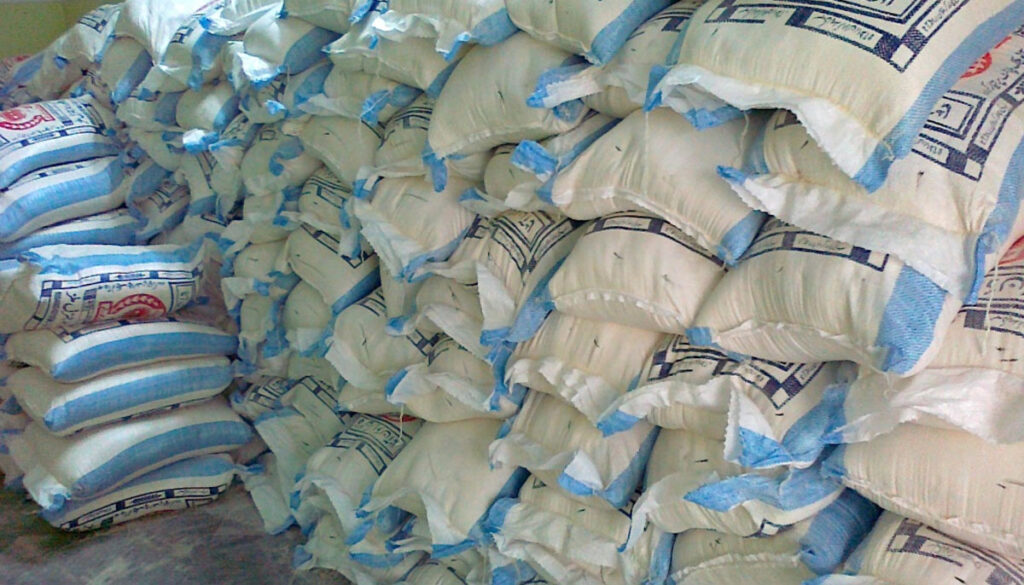Distorted Stats of Free Flour Scheme
The statistics of the Prime Minister Free Flour Scheme have revealed unimaginable facts about household registrations in Islamabad. During a National Assembly session, it was revealed 80 percent of households had registered for the Benazir Income Support Program (BISP) Islamabad. This number reflects the wide reach of BISP support covering a large segment of citys population.
Needy Family Registrations a Concern
Data presented by the Ministry of Industry during the session also showed that only 20% of families in Islamabad are registered as needy with National Database and Registration Authority (NADRA). The gap may cast doubt on the reliability and efficiency of determinants in finding underprivileged groups. However, the overlap in BISP registrations with NADRA’s list regarding poor families indicates a possible distortion in aid targeting.
What This Means for Aid Distribution
This disclosure raises questions about the allocation of assets, and how different are help programs. This overlap, critics contend, is a sign of inefficiencies or even an abuse of the support systems designed to help those who are actually in need. The evidence supports a major reassessment of registration methods and eligibility standards to guarantee that aid reaches those at highest risk.
Need for Government Action
These issues, the government will have to take without any further delay if it wants people faith on its welfare programs. Improving transparency And simplifying the registration process needed to free flour Scheme can be important steps in ironing these disparities and making Free Flour Scheme more effective. Central to the success of this program will be getting aid through to where it is meant and needed, redirecting funds from any possible profiteering.
